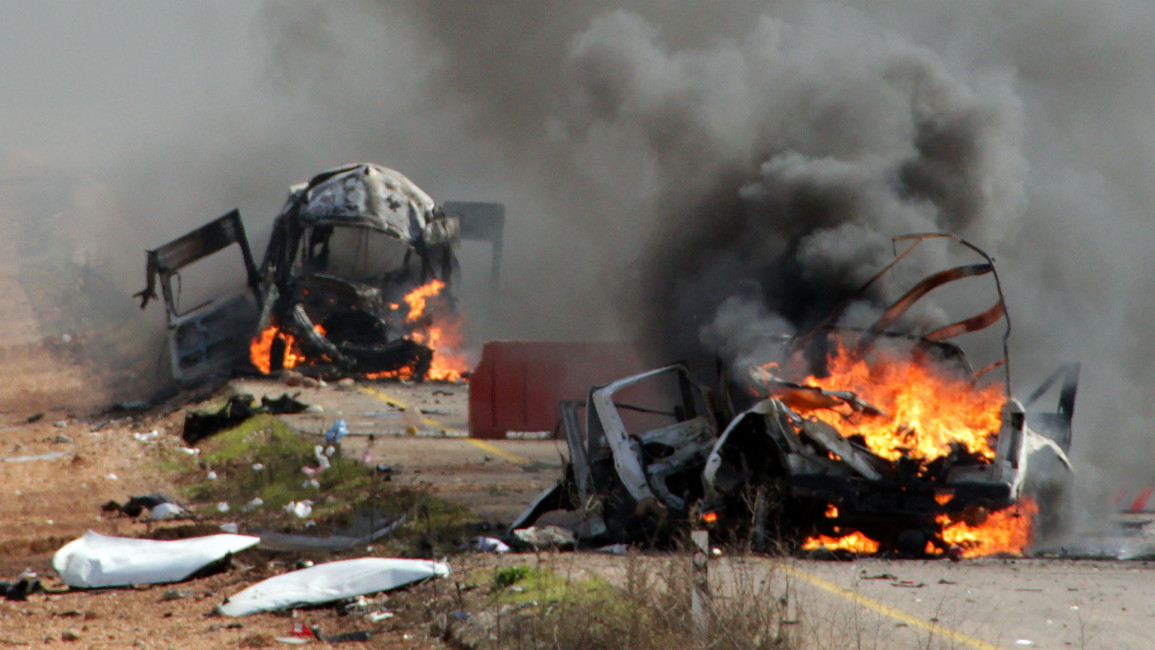
Another war in Lebanon? Don't bet on it
The situation on the Israel-Lebanon border is at its most sensitive in years. An Israeli attack in the Golan Heights on a Hizballah-Iran convoy was on Wednesday followed up by clashes in the Golan and on the southern Lebanese border.
The attacks are a worrying turn of events, but are they really a dress rehearsal for a war between Israel and Hizballah on the scale of 2006? Many things have changed in the intervening years.
Binyamin Netanyahu, the Israeli prime minister, is facing domestic elections where the tiniest misstep will be seized upon by his opponents.
Netanyahu's opponents in Israeli politics have the luxury of calling for "a harsh and un-proportional response", as that will surely secure them free votes.
But the country cannot afford an "adventure" that results in rockets falling on Tel Aviv, Haifa and Akko and scores of casualties, especially given its knowledge of the growth in Hizballah's power over the last few years.
This puts Netanyahu in a difficult position. A limited reponse will make the prime minister look hesitant in the face of Hizballah's growing power. A full-scale assault, as in 2006, will threaten his popularity should it go wrong.
| A limited reponse will make the PM look hesitant in the face of Hizballah's growing power. A full-scale assault will threaten his popularity should it go wrong. |
One must also consider the international situation. Relations between Netanyahu and the US president, Barack Obama, are at a low ebb, and the US does not want yet another war in the region.
The US is keen to improve its relationship with Iran, the principal sponsor of Hizballah, and Obama wants to reach a nuclear deal with Iran before his term ends. Another war in southern Lebanon could jeopardise all of that.
The Islamic State group is also a priority for Washington, and a new battlefront will complicate the region's politics further than it already is.
All the conditions that allowed for an all-out war in August 2006 have changed. Tehran is no longer as free to act in the defence of Hizballah, lest it hurts its international negotiations, and neither is it able to pay millions to fund a war at a time when oil prices are at an all time low.
Hizballah has grown in strength over the past nine years. But that alone is not enough as it no longer has the friends it did if an all out war breaks out. It is of course also engaged in a war in Syria and fighting a war on two fronts is surely beyond its means.
All of the above does not mean that an all-out war will not happen. But the situation has changed on all sides, and they will all be calculating their next step very carefully.
This is an edited translation of the original Arabic.




